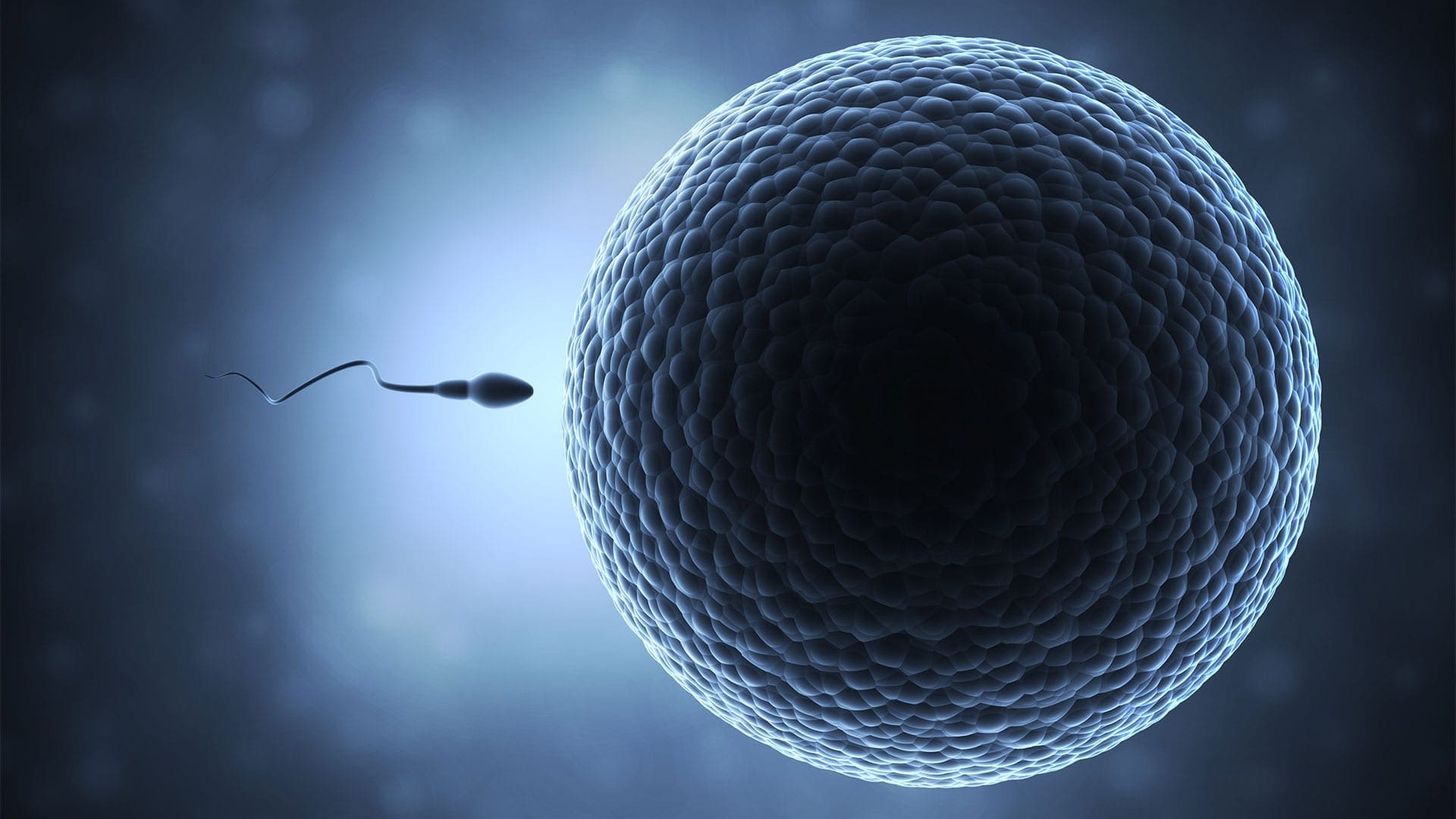The ‘traditional’ or ‘nuclear’ family unit, comprising of mother, father and biological children, is no longer the only way we think and define families.
Rather, the concept of family has developed to take on various forms. Single parents, de-facto couples, same-sex relationships, blended families and adoptive families are among a few of the many familial structures present in our society today.
With an acceptance of a more dynamic family unit, the law has been forced to adapt and respond to accommodate for these changes.
In July of 2019, the High Court of Australia was forced to deal with the question, can a sperm donor be considered as a legal parent of a child?
This question was presented to the High Court after sperm donor, Robert Masson, applied to the Family Court in an attempt to prevent his friend, and the mother of the child, Susan Parson, from relocating to New Zealand with her female partner. A move that would have effectively separated him from his biological daughter.
Mr Masson, who was listed as the father on the girl’s birth certificate, told the court that he agreed to donate his sperm to his friend, on the agreement that the would be involved in the child’s life.
The child was conceived in 2006 and in the intervening years, the child refers to Mr Masson as “daddy”. Since her birth twelve years ago, Mr Masson has also maintained a close relationship with her, introducing her to his extended family, holidaying with her and volunteering at her school canteen.
Upon application to the Family Court, Justice Margaret Cleary wrote that the law recognised parents in different ways. In recognising Mr Masson as a legal parent, Her Honour prohibited Susan and her partner from relocating to New Zealand, ordering that the child is to spend regular time with Robert.
The girl's mother and her wife appealed the decision and won, arguing that Mr Masson was not the legal father, citing NSW Statute in evidence of their proposition. Under NSW state law, a sperm donor is presumed not to be the father of any child conceived using his sperm unless he is the husband or de facto partner of the mother. As a consequence, Mr Masson was presumed not to be the legal parent.
Mr Masson then filed an appeal to the High Court, relying on Commonwealth laws to support his claim of legal parentage. In ruling that Mr Masson was, in fact, a parent of the child, the High Court considered the clash between State and Federal laws. The majority held that Masson had clearly demonstrated, in addition to being a sperm donor, that he had an ongoing involvement and relationship with the child, meeting the definition of “parent” under federal laws. This decision reaffirmed the earlier ruling that the mother and her wife remain in Australia and are to consult Mr Masson on major parenting decisions.
In making this ruling, the High Court has expanded the definition of a “legal parent” to include a sperm donor. However, whilst the effects of this expansion may appear to be far reaching, the implications of this decision is limited.
Only where a sperm donor can demonstrate that they meet the definition of a parent under the federal act, and where the biological mother did not have a spouse at the time of conception, will the Court agree that the donor is a legal parent. Anonymous sperm donors who have not seen or had a relationship with their biological child will not be considered a legal parent in the eyes of the law.
Nonetheless, the complexity of this case highlights several practical issues for both prospective mothers and sperm donors.
Where a sperm donor does not wish to have any parental responsibility over a child, they may now find themselves exposed to the full gamut of responsibility, including child support and inheritance. Likewise, single mothers who do not wish to share parental responsibility with a sperm donor may be faced with parentage orders.
It is therefore in the best interests of all parties involved that a Sperm Donor Agreement be drafted and executed prior to entering into any donor-acceptance arrangements. Although it may not be legally binding, by clearly setting out their intentions in the agreement, both parties will be protected.
If you wish to discuss your options, please do not hesitate in contacting Freedman and Gopalan Solicitors.

